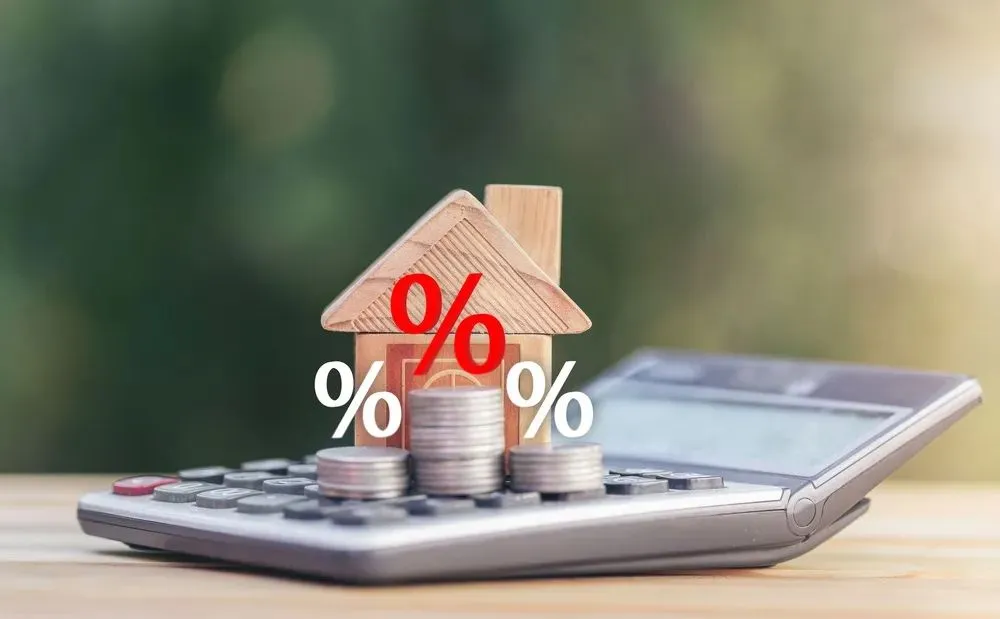Several ‘no deposit’ mortgages have hit the market recently, but can anyone apply for these deals? Darren Polson advises a reader with a poor credit history on whether they are eligible for a 100% mortgage
The Question
I would like some advice please and hope you can help. My girlfriend and I would like to buy a home together. We have been offered an opportunity to buy a house from a friend for £160,000. I have £7,000 in savings to put down as a deposit.
This is where I need your help: I wondered if we would be eligible for a 100% mortgage.
Neither my girlfriend nor I have very good credit score. I had a marker put on my credit score a few years ago due to a payday loan. After I left the Navy, depression hit, and I couldn’t pay the debt as I was out of work. I did eventually pay the debt after I received a letter from the bailiffs.
Could we get a 100% mortgage or is there another way we could buy our first home?
Darren’s Answer
This is a common challenge faced by first-time buyers and the attraction of a 100% mortgage means you have the ability to make your first step on the property ladder sooner than expected.
100% mortgages, however, require a strong credit score.
If the 100% mortgage is not possible, you can still add to your strong savings to obtain a mortgage for yourself and your partner.
Remember that lenders differ in how they look at things. Some will be very driven by your credit file and credit score, whereas others will manually review your application and credit behaviour to ascertain whether you are able to repay the mortgage.
If you do have a lower credit score or credit history issues, this can impact the interest rate you pay and the amount you can borrow, meaning a larger deposit is sometimes required.
Tips to improve your credit score
Here are some key things to keep in mind when it comes to maintaining or improving your credit score:
-
- Register to vote – make sure you’re on the electoral roll.
- Show lenders you’re a responsible customer by meeting all your payments – for example, utility bills and credit card payments – on time.
- Check for fraud – if you’ve been the victim of fraud, your score may be lowered unfairly.
- Pay off outstanding debt – where possible, pay back loans before trying to get a mortgage.
- Cancel unused credit cards and bank accounts.
Improving your credit score is not a guarantee that you’ll get a mortgage. But it can be a good place to start and can increase your chances of being accepted.
A mortgage broker can also apply for a mortgage Agreement in Principle. This is where a lender will do a soft credit check to find out your score.
I haven’t seen your credit report so it is worth obtaining this from a free source and speaking to a broker who can research the market based on your specific circumstances. They can also review the 100% products and whether you would be able to secure this.

Meet our expert…
Darren Polson is head of mortgage operations at Aberdein Considine. He has been a regular columnist for what MORTGAGE for over three years and is here to answer YOUR questions.
If you have a question for Darren please email kate.saines@emap.com or leave a message in the comments below.














